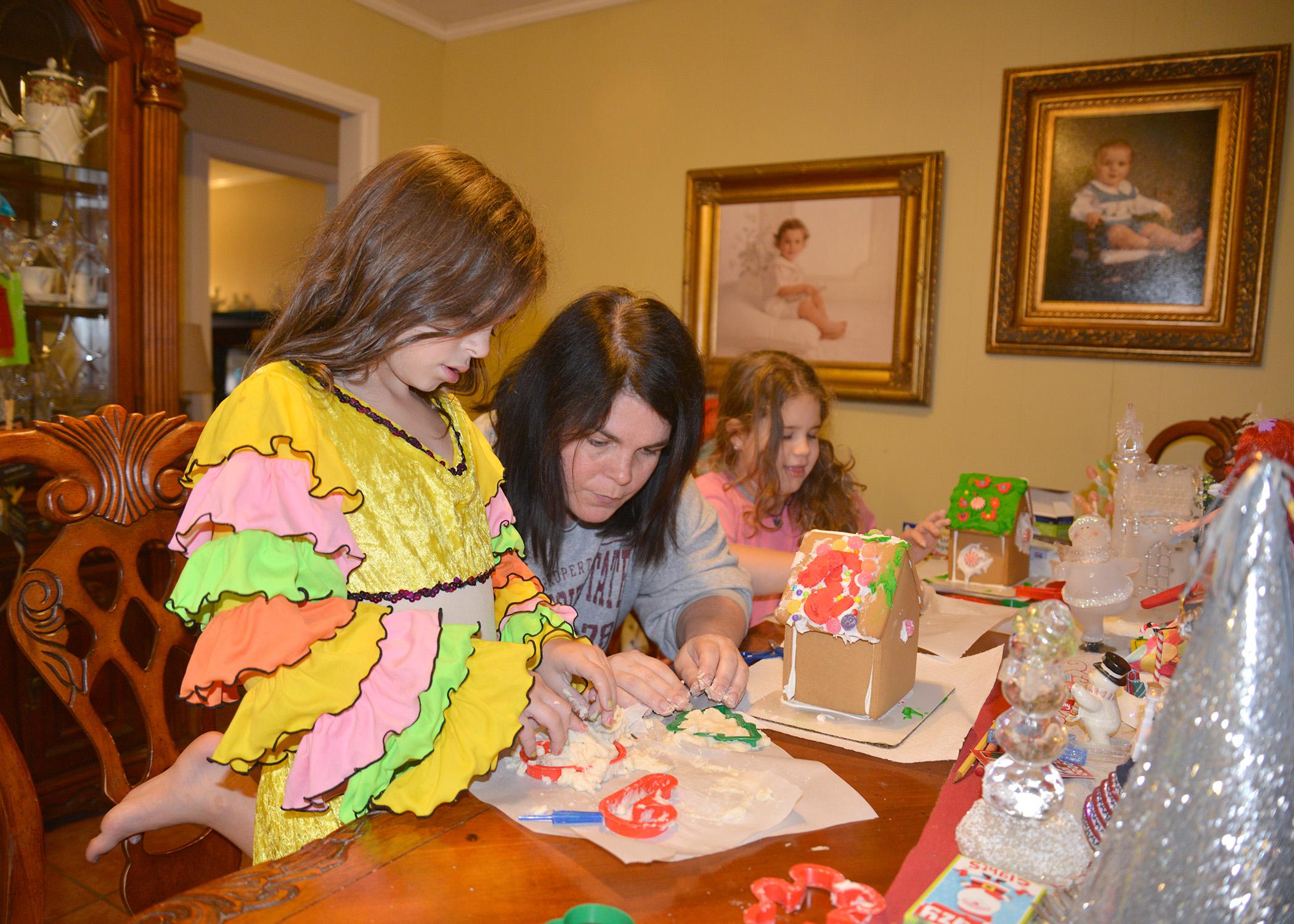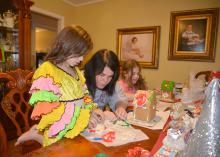Information Possibly Outdated
The information presented on this page was originally released on December 17, 2014. It may not be outdated, but please search our site for more current information. If you plan to quote or reference this information in a publication, please check with the Extension specialist or author before proceeding.
Turn off the TV, turn on the talk
MISSISSIPPI STATE -- The countdown to the holiday break has begun, and parents and caregivers looking to keep kids occupied and happy should focus on the basics.
Instead of turning to technology as a primary source of entertainment, parents can take the opportunity to strengthen family relationships and stimulate learning in simple, free and fun ways.
Louise Davis, director of the Early Years Network at Mississippi State University, emphasized the importance of interaction to child development.
“The importance of talking to and playing with children cannot be overstressed,” Davis said. “Before children reach kindergarten, the basis of their language development and the architecture of their brains has been formed by interactions with language and people in their everyday environments.”
Studies show that a language-rich environment and positive experiences are important to developing the cognitive, social-emotional, language and literacy and motor skills that help children reach their potential in later life.
“Breaks in the school calendar, such as the Christmas holiday break, give parents a wonderful opportunity to engage their children in meaningful quality play and help build a solid foundation of life skills,” Davis said.
Board games, card games, reading and inside or outside play are activities that provide interaction, language development and the types of dialogue that research has linked to higher academic achievement.
Parents and caregivers should closely monitor children when they use technology, which can be a very useful tool but should not take the place of personal interaction.
“Two hours of screen time is the maximum recommendation for children over 2,” said Lydia Bethay, associate director of the network.
Bethay said television, smartphones, tablets and video games are not necessarily bad, but their use needs to be limited.
“While young children learn vocabulary, language and basic skills from talking to the adults around them, older children learn reasoning and more complex communication skills,” Bethay said. “Technology cannot take the place of the responsiveness of other people.
“Besides the developmental and academic rewards of healthy interaction at home, reading or playing with children is simple fun. Try to make this holiday break a chance to interact with and have fun with your children. It benefits everyone,” she said.
The Early Years Network is a program of the MSU Extension Service and receives funding from the Mississippi Department of Human Services, Division of Early Childhood Care and Development to provide early care and education programs and materials for teachers, directors, children and families to improve the well-being of Mississippi’s children




